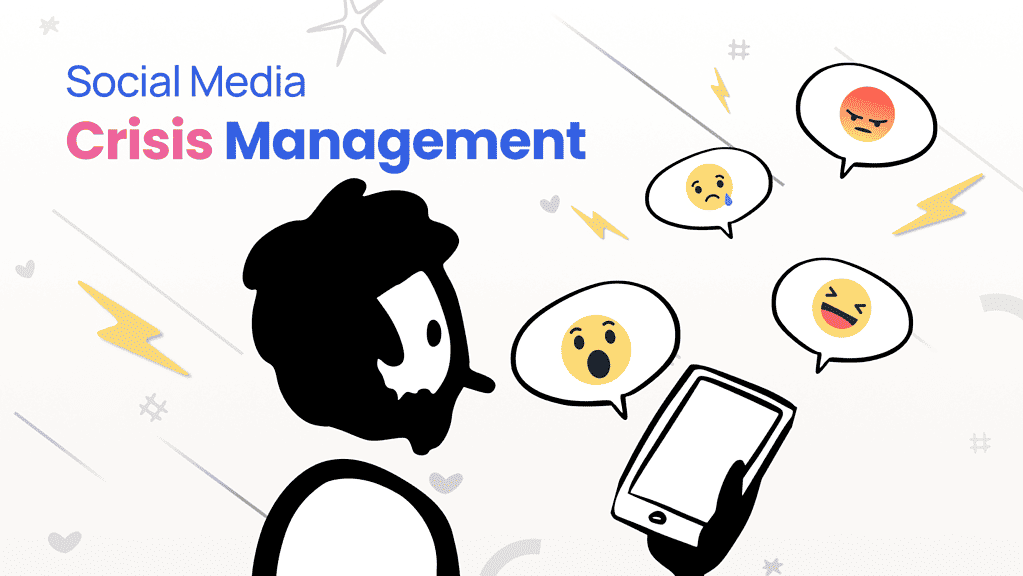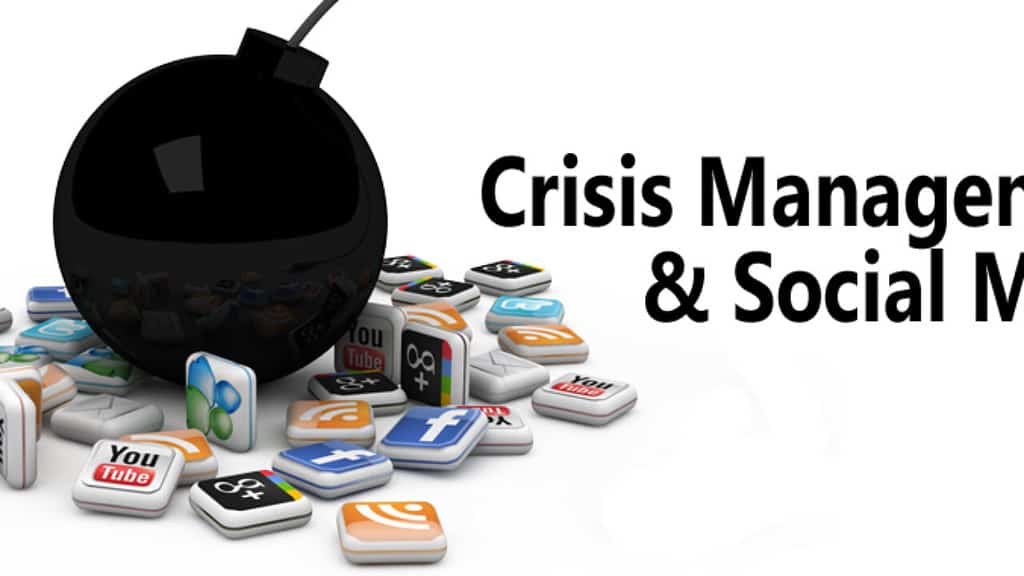I. Introduction
The online reputation of a brand can be significantly impacted by a social media crisis. Such a crisis can occur due to a variety of factors, including negative customer reviews, misinformation spread about the brand, or a poorly received marketing campaign. Therefore, it’s crucial for businesses to understand the potential damage a social media crises can cause and the importance of responding effectively to mitigate this damage.
A poorly managed social media crisis can lead to a loss of customer trust, brand damage, and ultimately, a decline in business. On the other hand, an effective response can help to maintain brand reputation, retain customer loyalty, and even offer learning opportunities for future improvements.
II. Recognizing a Social Media Crises
Recognizing a crisis on social media is the first step towards managing it effectively. This can range from an increase in negative comments and a sudden drop in followers, to more serious issues like a PR disaster. It’s important to regularly monitor social media channels and be aware of the sentiment surrounding your brand.
Some common social media crises include negative viral content about the brand, backlash over a company statement or action, and customer complaints escalating due to poor customer service. These examples highlight the need for constant vigilance in monitoring social media channels.
III. The Do’s of Responding to a Social Media Crisis
In the face of a crisis, taking immediate and appropriate action is essential. This includes acknowledging the issue, apologizing if necessary, and providing clear communication about the steps being taken to resolve the problem. Transparency and honesty can go a long way in maintaining customer trust during a crisis.
Case studies of effective crisis responses often highlight the importance of quick response times, open communication, and a sincere commitment to resolving the issue at hand. These cases provide valuable lessons for other businesses on how to handle their own potential crises.
IV. The Don’ts of Responding to a Social Media Crises
During a crisis, there are also certain actions that should be avoided. These include ignoring the issue, responding defensively, and making insincere apologies. Such actions can escalate the crisis and further harm the brand’s reputation.
Various case studies of ineffective crisis responses serve as reminders of what not to do during a crisis. These often include instances where the company failed to acknowledge the issue, was slow to respond, or did not provide a satisfactory resolution to the problem.
V. Role of a Crisis Response Plan in Managing Crises
Having a crisis response plan in place is crucial in effectively managing a social media crises. This plan should outline the steps to take when a crisis occurs, including who should be involved, how to communicate with stakeholders, and how to monitor and assess the situation.
An effective crisis response plan should be comprehensive, flexible, and regularly updated. It should also include guidelines for post-crisis analysis and learning, to continuously improve the brand’s crisis management capabilities.

VI. Communicating During a Social Media Crises
Clear, empathetic, and timely communication is key during a social media crises. This includes not only communicating with customers and the public, but also with internal stakeholders to ensure everyone is on the same page.
Best practices for crisis communication include being transparent, taking responsibility when necessary, and maintaining a consistent message across all channels. This helps to manage the narrative surrounding the crisis and mitigates potential damage to the brand’s reputation.
VII. Post-Crises Analysis and Learning
Once the immediate crisis has been managed, it’s important to conduct a post-crisis analysis. This involves reviewing what caused the crisis, how it was handled, and what could be done better in the future. This analysis is crucial for learning from the crisis and improving future crisis response.
The post-crisis phase is also the perfect time to refine your crisis response plan based on what you’ve learned. This could involve making changes to communication strategies, updating roles and responsibilities, or implementing new measures to prevent similar crises in the future.
VIII. Conclusion
In conclusion, navigating a social media crisis involves a careful balance of recognizing the issue, responding appropriately, and learning from the experience. The do’s and don’ts outlined in this article provide a guide for businesses to follow when facing a Social Media Crises.
Ultimately, the importance of preparedness cannot be overstated. Having a solid crisis response plan in place, coupled with effective communication and a commitment to learning and improvement, can make all the difference in successfully managing a social media crisis.










